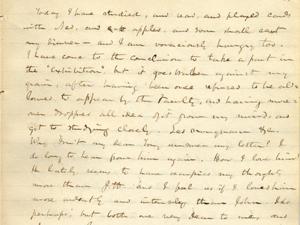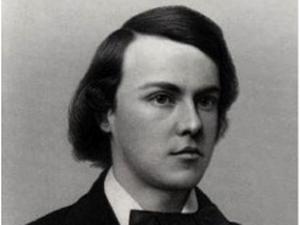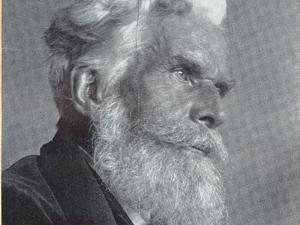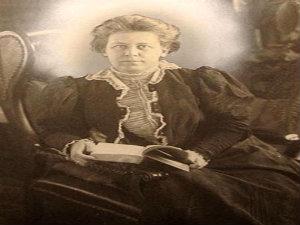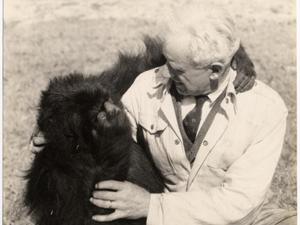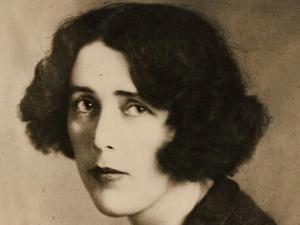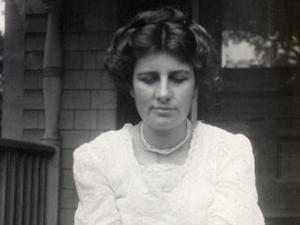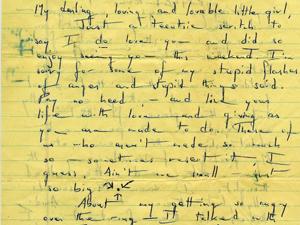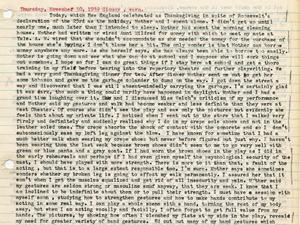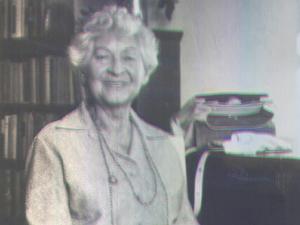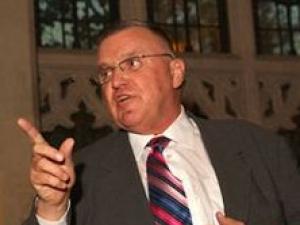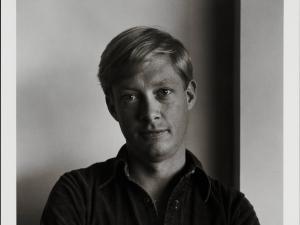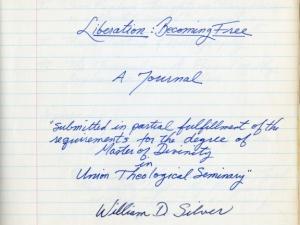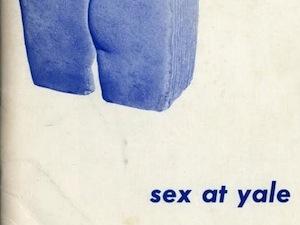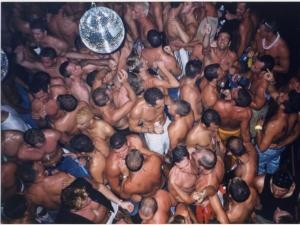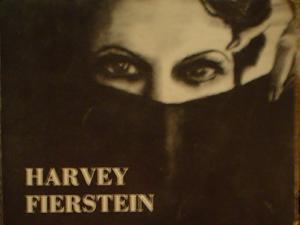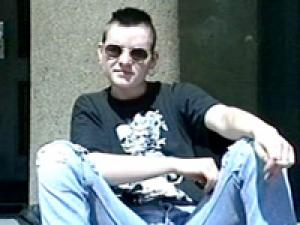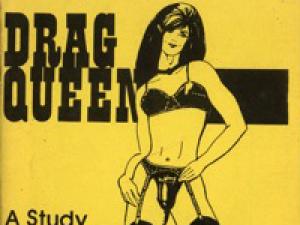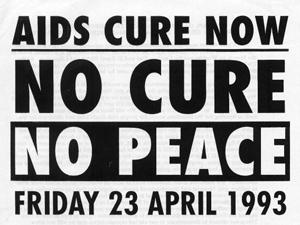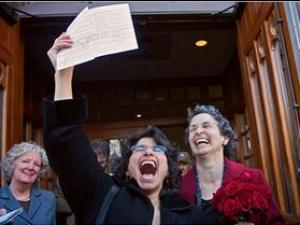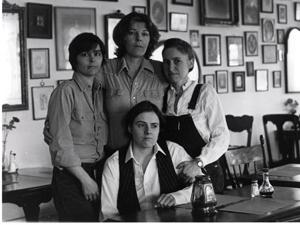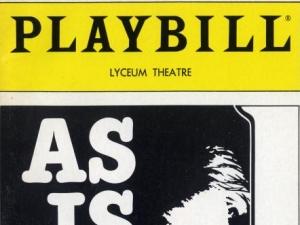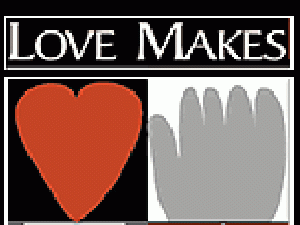The division of Manuscripts and Archives at Sterling Memorial Library holds the Yale University Archives and also over 1,700 collections of personal and family papers and organizational records that document a wide range of historical developments. Its collections include nineteenth- and twentieth-century diaries and correspondence documenting same-sex intimacy, the papers of sexual modernists, such as Louise Bryant and Anna Walling, and of lesbian and gay activists, such as David Mixner, Harvey Fierstein, and Candida Scott Piel, and the records of LGBT advocacy and cultural organizations, such as Love Makes a Family, the Glines, and the Bloodroot Collective. The selected collections described below are only examples of the division’s rich resources for research in the history of sexuality.
Address: Sterling Memorial Library, 128 Wall Street
Website: http://www.library.yale.edu/mssa/
Hours: http://resourcestest.library.yale.edu/libraryhours/…
Inquiries about these collections should be directed to Mary Caldera.
